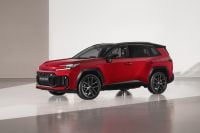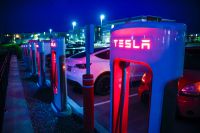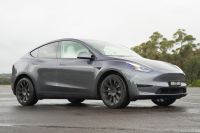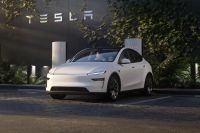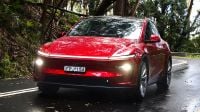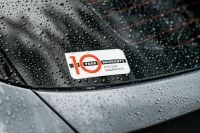Tesla Full Self-Driving Beta 10.69.3 release notes!!!
Tesla demos Full Self-Driving technology to US regulator - report
Tesla is seeking regulatory approval for what it calls Full Self-Driving, and has demonstrated the technology to the California Department of Motor Vehicles.

News Editor
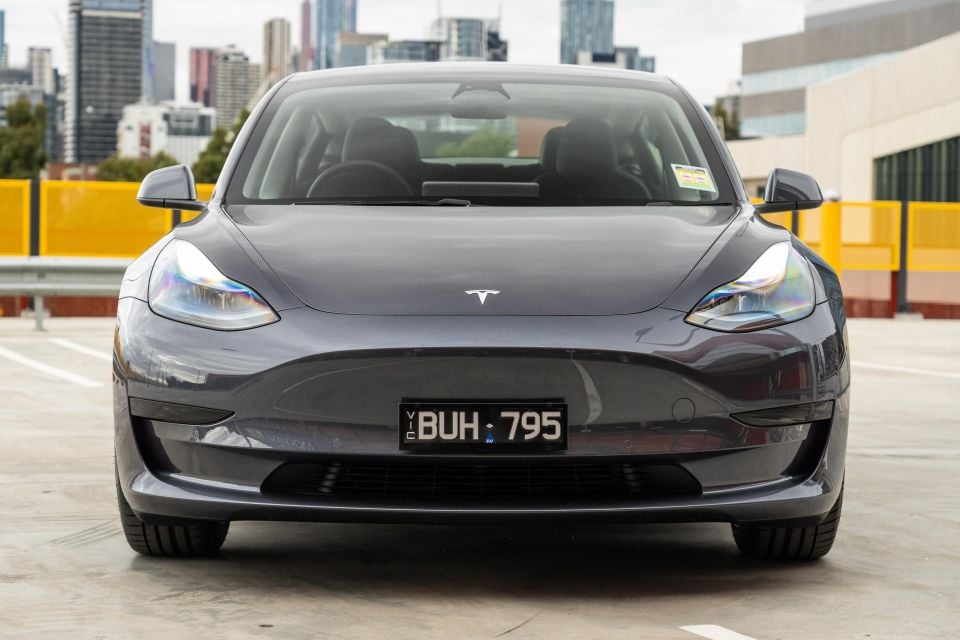

News Editor
Tesla has entered the lions’ den, showcasing its so-called Full Self-Driving beta to officials from the California Department of Motor Vehicles (DMV) not long after the agency called for its licence to sell cars to be revoked.
Bloomberg reports the demonstration was held last week at the DMV’s headquarters in Sacramento. Also in attendance was a representative of the California Highway Patrol plus three external consultants for the DMV.
According to emails obtained by Bloomberg via a public records request, Tesla had initially sought to bar these consultants from attending the demonstration.
“I question whether it is appropriate to include your consultants that have made negative public statements about Tesla,” Jennifer Cohen, Tesla’s California lead for policy and business development, wrote in an email in late September to the DMV’s autonomous vehicle chief Miguel Acosta.
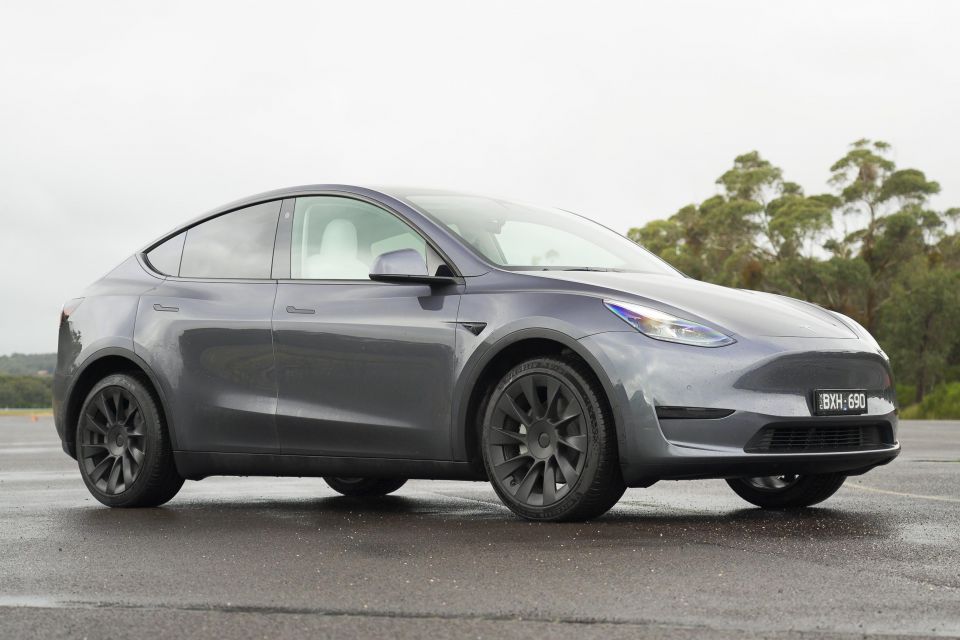
“We have yet to receive any assurance that their bias does not influence DMV’s treatment of Tesla.”
The three consultants were Stanford Law School affiliate scholar Bryant Walker Smith, Edge Case Research CEO Michael Wagner and University of California transporation research engineer Steven Shladover.
Smith has previously said the state’s autonomous vehicle testing rules should apply to Teslas using FSD, while Shladover wrote earlier this year the company’s use of the term “self-driving” is “very damaging”.
None of the parties involved responded to requests for comment from Bloomberg.
Tesla CEO Elon Musk recently said he doesn’t expect regulatory approval for his company’s autonomous driving technology until next year.
Tesla is planning a wide release of its Full Self-Driving technology this quarter. Currently, around 160,000 Tesla drivers in North America have access to the FSD beta.
It began deploying an update this week, with the release notes making mention of improvements like “reduced false slowdowns for pedestrians near crosswalk by using a better model for the kinematics of the pedestrian”.
Controversially, even as Tesla is pursuing increasingly more autonomous driving, it has been phasing out radar and sensors and avoiding LiDAR in favour of its camera-based Tesla Vision system.
The California DMV has been vocal about what it says are misleading statements that have been made by Tesla about its Autopilot and Full Self-Driving technology.
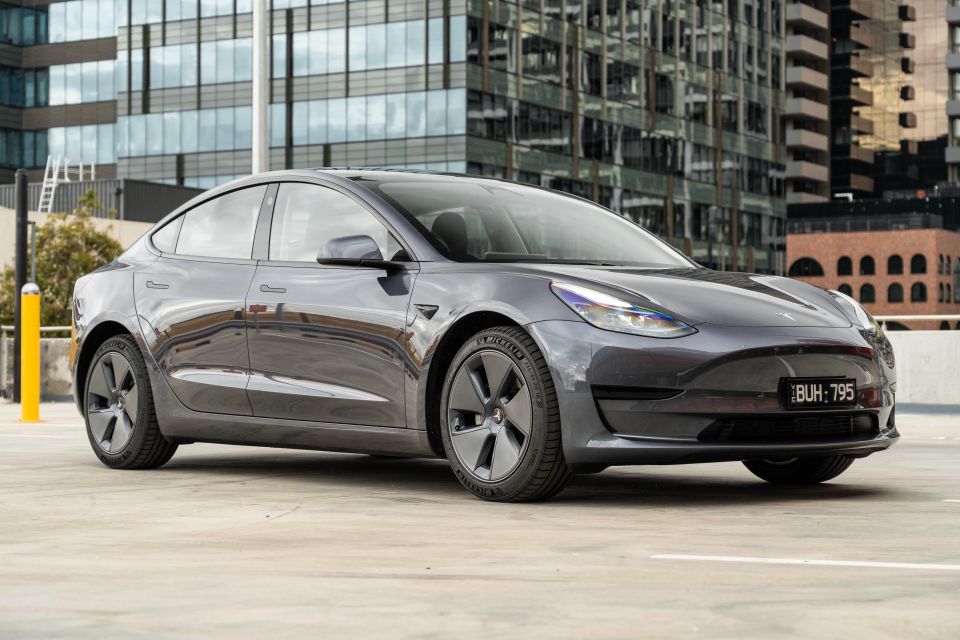
In a complaint to the California Office of Administrative Hearings, dated July 28, it called for Tesla’s licence to sell and make cars in the State to be suspended or revoked.
It also called for Tesla to pay restitution to parties who have suffered financial loss or damage, and for any other “just and proper” action to be ordered.
“Respondent made or disseminated statements that are untrue or misleading, and not based on facts, in advertising vehicles as equipped, or potentially equipped, with advanced driver assistance system (ADAS) features,” it said in its complaint.
It specifically called out the controversially named Autopilot and Full Self-Driving Level 2 autonomous driving features, and cited statements made in marketing materials by Tesla – primarily on the company’s website – from 2021 until as late as July 2022.
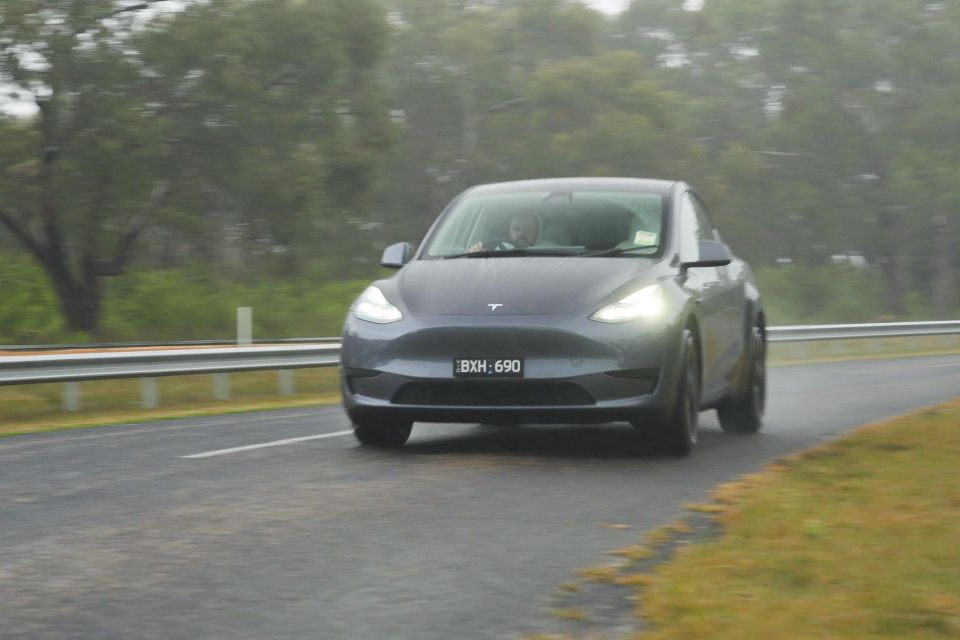
“The system is designed to be able to conduct short and long-distance trips with no action required by the person in the driver’s seat,” reads one line cited by the California DMV in its complaint.
“All you will need to do is get in and tell your car where to go. If you don’t say anything, your car will look at your calendar and take you there as the assumed destination,” reads another.
While the DMV acknowledges Tesla publishes disclaimers advising the features “require active driver supervision and do not make the vehicle autonomous”, it alleges this disclaimer contradicts the “original untrue or misleading labels and claims” and “does not cure the violation”.
Tesla is reportedly also reportedly the subject of a criminal investigation from the U.S. Department of Justice, with three people familiar with the matter telling Reuters late last month the probe was launched last year following more than a dozen crashes where Tesla’s Autopilot system was active.
Some of these crashes were fatal.
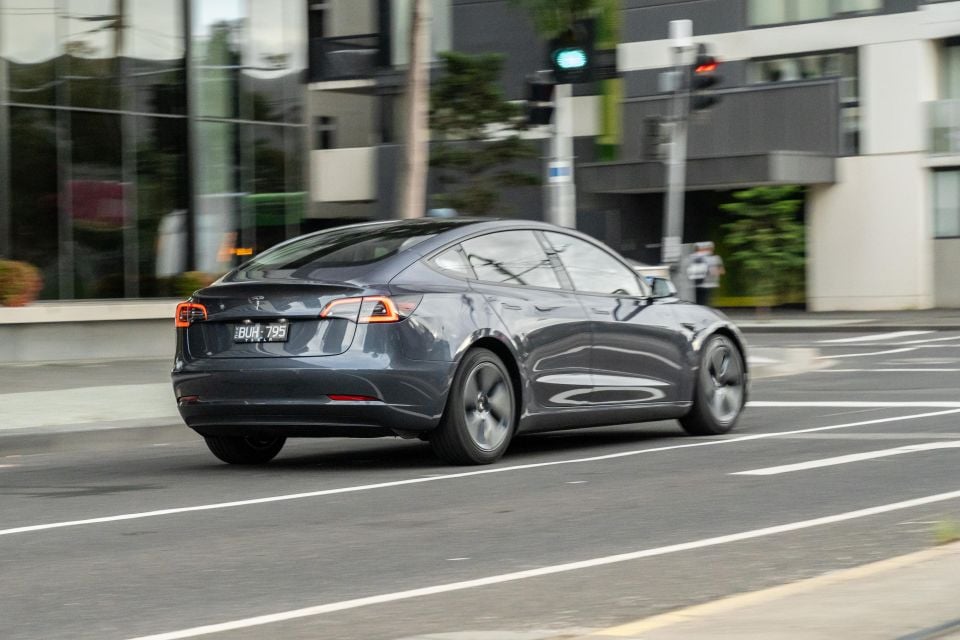
Prosecutors in Washington D.C. and San Francisco are reportedly examining whether Tesla misled consumers, investors, and regulators by making unsupported claims about the capability of its driver assist technology.
This probe represents a more serious level of scrutiny than previous probes as it could lead to criminal charges against the company or individual executives, the sources said.
The DOJ could also seek civil sanctions.
The Autopilot probe is currently competing with two other DOJ investigations involving Tesla, one source told Reuters, adding there’s still a great deal of work to do and no decision is imminent.
Autopilot is considered a Level 2 autonomous driving feature, as is the Full Self-Driving beta – despite what its name would appear to imply.
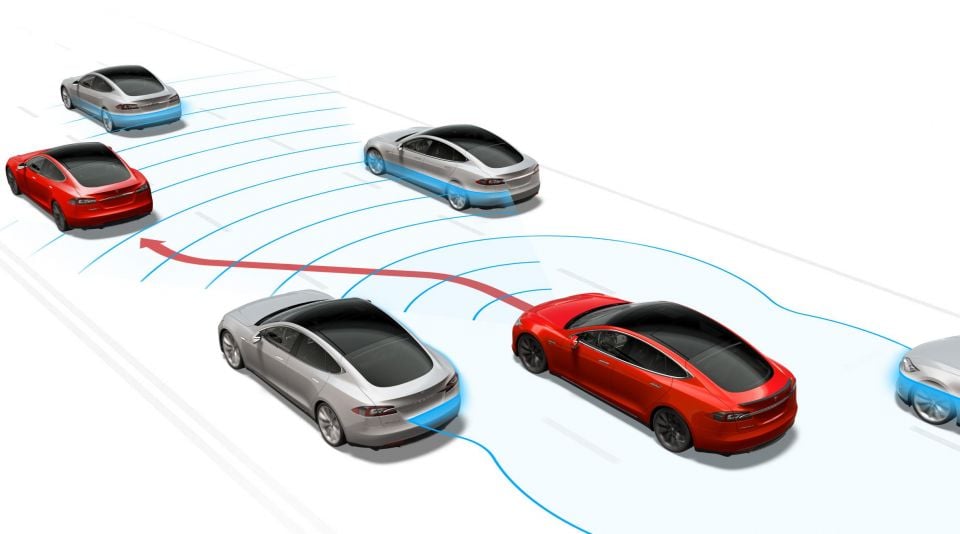
Level 2 technology requires the driver to pay attention at all times even if the vehicle is taking control of acceleration, braking and steering.
The U.S. National Highway Traffic Safety Administration opened a probe in August 2021 into a series of crashes, one fatal, where Teslas equipped with Autopilot collided into stationary emergency and road maintenance vehicles.
The active NHTSA probe covers 830,000 Tesla vehicles equipped with Autopilot.
It confirmed in June 2022 it was upgrading its investigation to an “engineering analysis”, identifying 16 crashes. Such a step is required before it can request a recall.
Tesla CEO Elon Musk has been outspoken about the capabilities of his company’s driver assist technology.
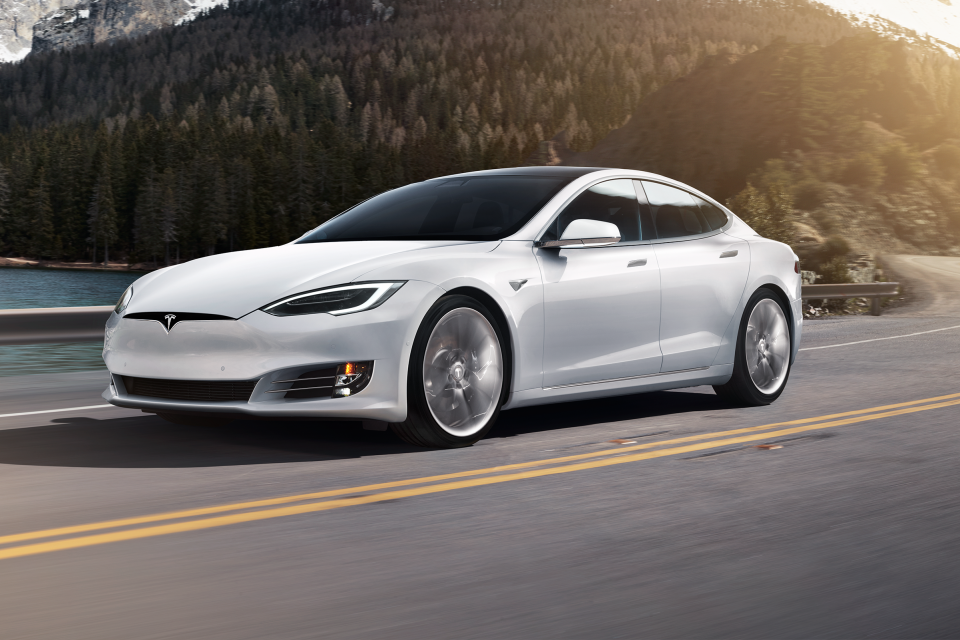
In a 2016 conference call, he described Autopilot as being “probably better” than a human driver, though he’s since moved the goal posts.
Last month, he said it will take until an update next year for the company’s driver assist technology to “be able to show to regulators that the car is safer, much more so, than the average human” and that cars with Full Self-Driving beta will “be able to take you from your home to your work, your friend’s house, to the grocery store without you touching the wheel”.
Sometimes he has made conflicting statements in the same breath. In the same earnings call last week, Mr Musk said: “Like we’re not saying that that’s quite ready to have no one behind the wheel. It’s just that you will almost never have to touch the control, vehicle controllers.”
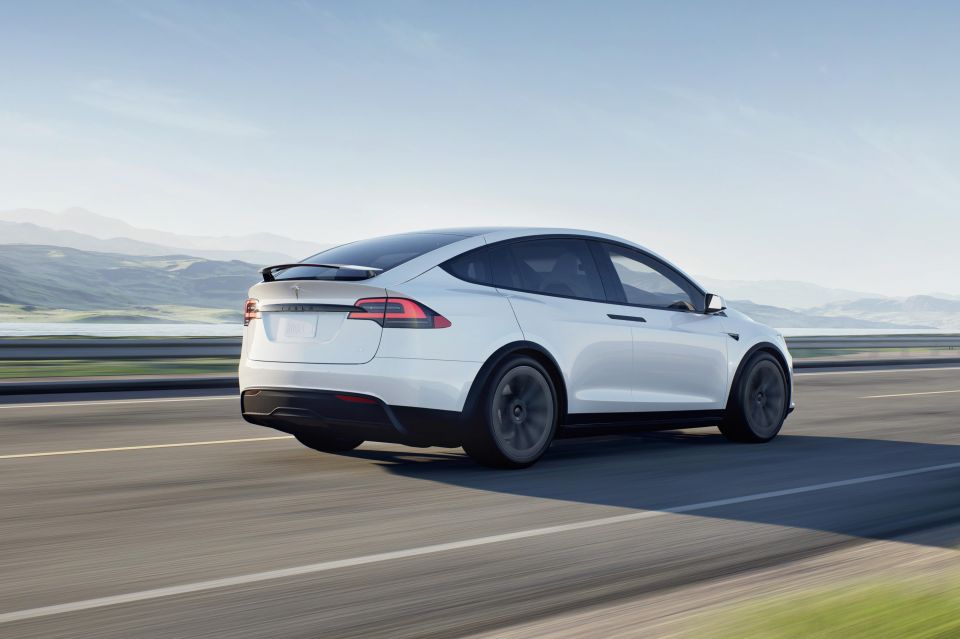
He went on to say: “But I think we’ll be pretty close… that you’re going to have no one in the car by the end of this year. And certainly, without a question, whatever in my mind, next year.”
Setting Mr Musk’s statements aside, Tesla has been careful to publish legal disclaimers saying its technology doesn’t make the vehicle autonomous.
The Tesla website, for example, cautions before enabling Autopilot the driver first needs to agree to “keep your hands on the steering wheel at all times” and to always “maintain control and responsibility for your vehicle”.
Next steps
Take advantage of Australia's BIGGEST new car website to find a great deal on a Tesla.
William Stopford is an automotive journalist based in Brisbane, Australia. William is a Business/Journalism graduate from the Queensland University of Technology who loves to travel, briefly lived in the US, and has a particular interest in the American car industry.
You might also like
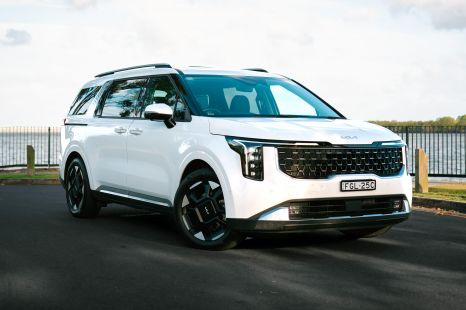

William Stopford
8.5
6 Days Ago
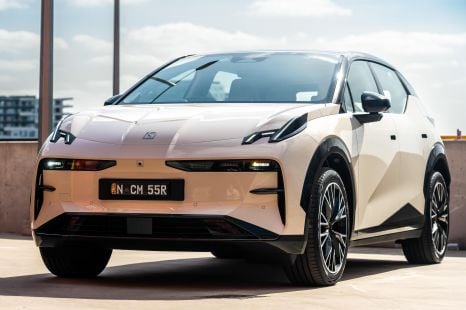

James Wong
7.9
5 Days Ago
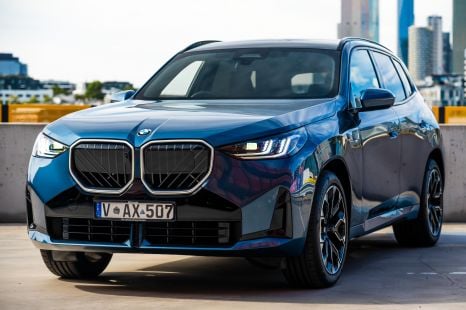

Jack Quick
8.4
4 Days Ago
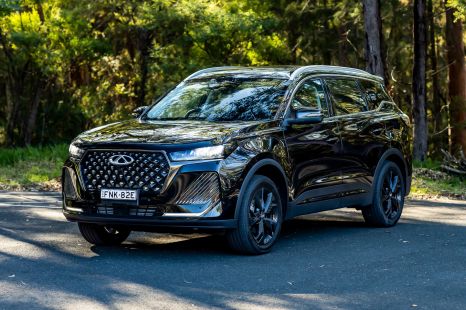

Matt Campbell
8.1
3 Days Ago
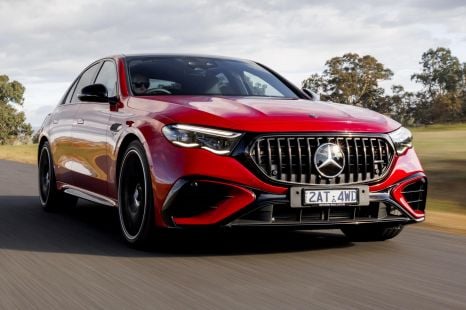

Max Davies
8
2 Days Ago
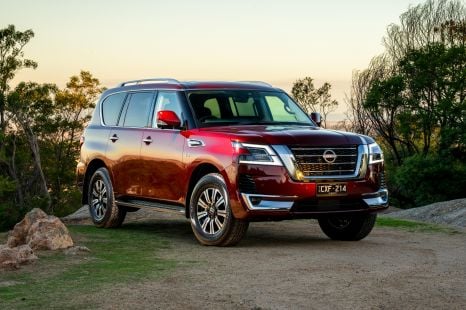

James Wong
8.1
14 Hours Ago






